Ecotourism focuses on minimizing environmental impact while supporting local communities and conservation efforts. Uganda embraces these principles, offering a plethora of activities that immerse visitors in the country’s natural wonders.
In Uganda, Eco-tourism can offer variety of unique and sustainable activities to the country’s outstanding beautiful biodiversity and rich cultural heritage. Visitors on safari enjoy authentic experiences while contributing to conservation and local community development.
What is Eco-Tourism
Ecotourism is a significant movement that saw its roots spring up in the 1980’s. just as tourism was changing from micro business to mass takeover levels. Ecotourism was introduced as the solution to the hasty of resorts that was spreading all over Europe, the Americas and other popular holiday retreats.
Environmentalists fought hard to protect very important ecosystems and habitats around the world from development and the winning argument was that ecotourism could offer vital income to the areas if the land or coast was left undeveloped. because being unspoiled and prolific in wildlife was itself the tourist attraction.
Ecotourism thus emerged, with holidays focused purely on bringing people back to nature. While there were always people travelling to see wetlands, wildlife and many of the Earth’s natural wonders, ecotours were now stretching beyond the bounds of birding clubs.
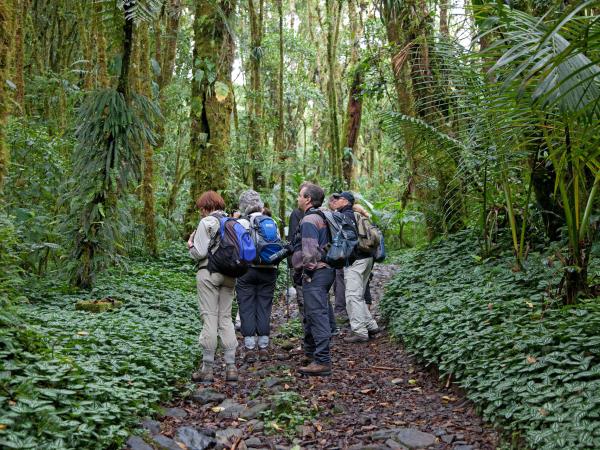
Ecotourism in Uganda
National Parks and Wildlife Reserves
Uganda is home to 10 National parks and 12 Wildlife Reserves, and several forests reserves These diverse landscapes teeming with wildlife draw eco-tourists seeking sustainable safaris. Park fees and permits directly fund conservation efforts, research, and empower local communities.
Gorilla trekking
In Bwindi Impenetrable National Park and Mgahinga Gorilla National Park, limited daily permits allow for intimate gorilla trekking adventures. Join a small, guided group and witness these fascinating creatures in their natural habitat. Observe them feeding, playing, and interacting deep within the lush forests – a truly awe-inspiring encounter.
Birdwatching
With over 1000 recorded bird species, Uganda is heaven for birders and avian photography enthusiasts. Highlights include the rare and sought-after shoebill stork, the endemic, green-breasted pitta, African paradise flycatchers, African pied hornbill, and red-throated bee-eater.
Bwindi Impenetrable National Park, Mabamba Swamp, Semuliki National Park, and Queen Elizabeth National Park are all key birding destinations. Hire a local guide who knows the area and can direct you to that unforgettable sighting.
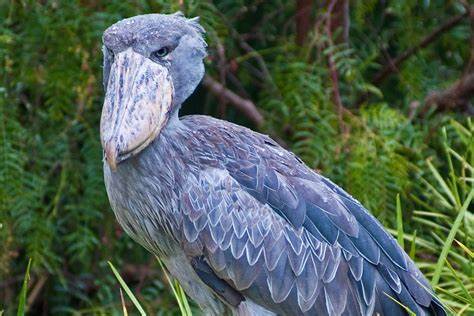
Primate Tracking
Uganda boasts a primate kingdom beyond the mountain giants. Visitors can track chimpanzees swinging through the trees in Kibale Forest National Park or on Ngamba Island, a sanctuary for orphaned chimps.
For a different encounter, Visitors can head to Mgahinga Gorilla National Park. Here, golden monkeys dazzle with their acrobatic leaps through the forest canopy. Expert guides will lead you on your primate quest, maximizing your chances of witnessing these agile apes in their natural habitat.
Natural Walks and Hikes
With Uganda’s lowland rainforest jungles, savannah grasslands and mountain forests, Hikers and nature enthusiasts have a wide range of trails to explore. Travelers can take guided hikes, nature walks, forest treks to really immerse themselves in the varied ecosystems.
Kibale National Park,Sipi Falls, Mt.Elgon National Park, Semuliki National Park and Rwenzori Mountains National Park are all excellent destinations.
Conservation Initiatives in Uganda
Many of the lodges, camps, national Parks and Wildlife reserves are associated with some form of conservation initiative. The National Park fees and tourism revenue are channeled into these projects to protect wildlife and habitats and engage in sustainable tourism practices.
Eco lodges and Camps in Uganda
Several eco lodges and camps in Uganda try their best to minimize their environmental footprint, using local materials, employing local people, and supporting local communities.
Popular eco lodges include,
Volcanoes Bwindi Lodge
Kyambura Giorge Lodge in Queen Elizabeth National Park
Mount Gahinga Lodge
Murchison River Lodge amd many others
Research and Education
Several education programs and research opportunities offer visitors the chance to get a deeper understanding of the ecology and conservation project of the country.
Visitor to Uganda can participate in research activities such as Mongoose tracking, lion tracking and hippo census in Queen Elizabeth National Park, Gorilla habituation in Bwindi National Park, Chimpanzee habituation in Kibale Forest and Golden monkey habituation experience in Mgahinga Gorilla National Park.

Community Based Tourism
Uganda’s vibrant culture comes alive through immersive community-based tourism experiences. opt for a homestay, where you’ll be welcomed into local life. Visit villages, learn about traditional crafts like basket weaving or pottery making, and discover fascinating customs passed down for generations. These interactions directly support local communities and offer a window into their unique heritage.
Popular activities include:
Meeting the Batwa pygmies: Learn about their rich history and cultural traditions as indigenous forest dwellers.
Unveiling the secrets of Lake Victoria: Join local fishermen and witness their time-tested techniques, or perhaps even lend a hand!
Exploring the Kasubi Tombs: Delve into the history of Buganda royalty at this UNESCO World Heritage Site.
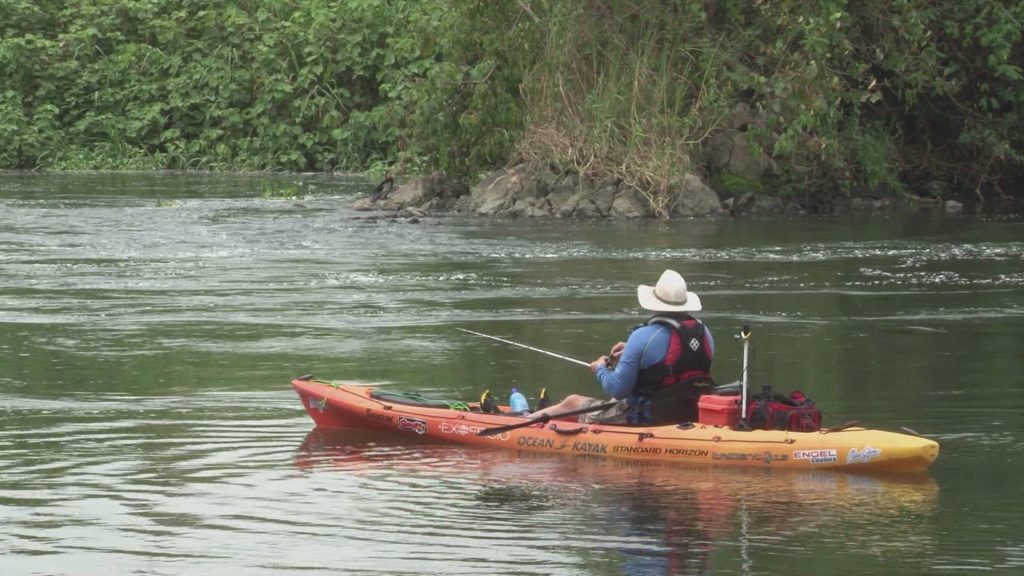
Travellers to Uganda can contribute to conservation efforts and help support the livelihood of local people by choosing a responsible tour company and accommodation facilities that prioritize environmental and social sustainability. Speak to one of our safari experts today and let us plan your sustainable tailor-made Uganda Safari.
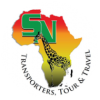
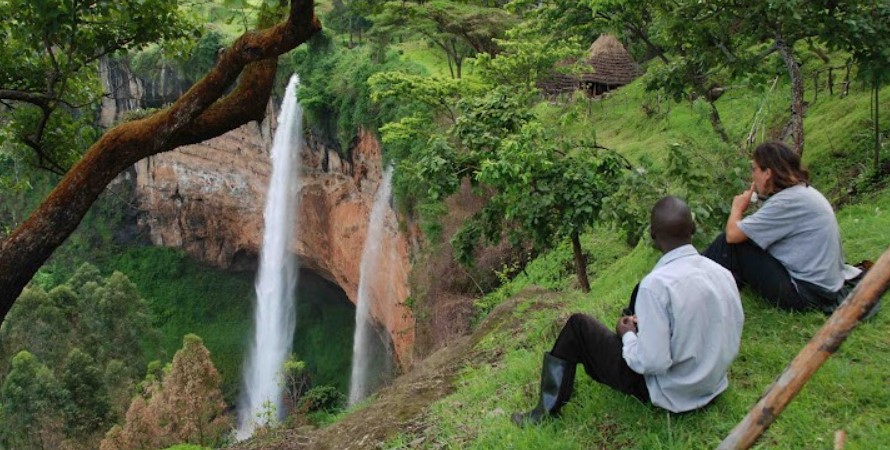


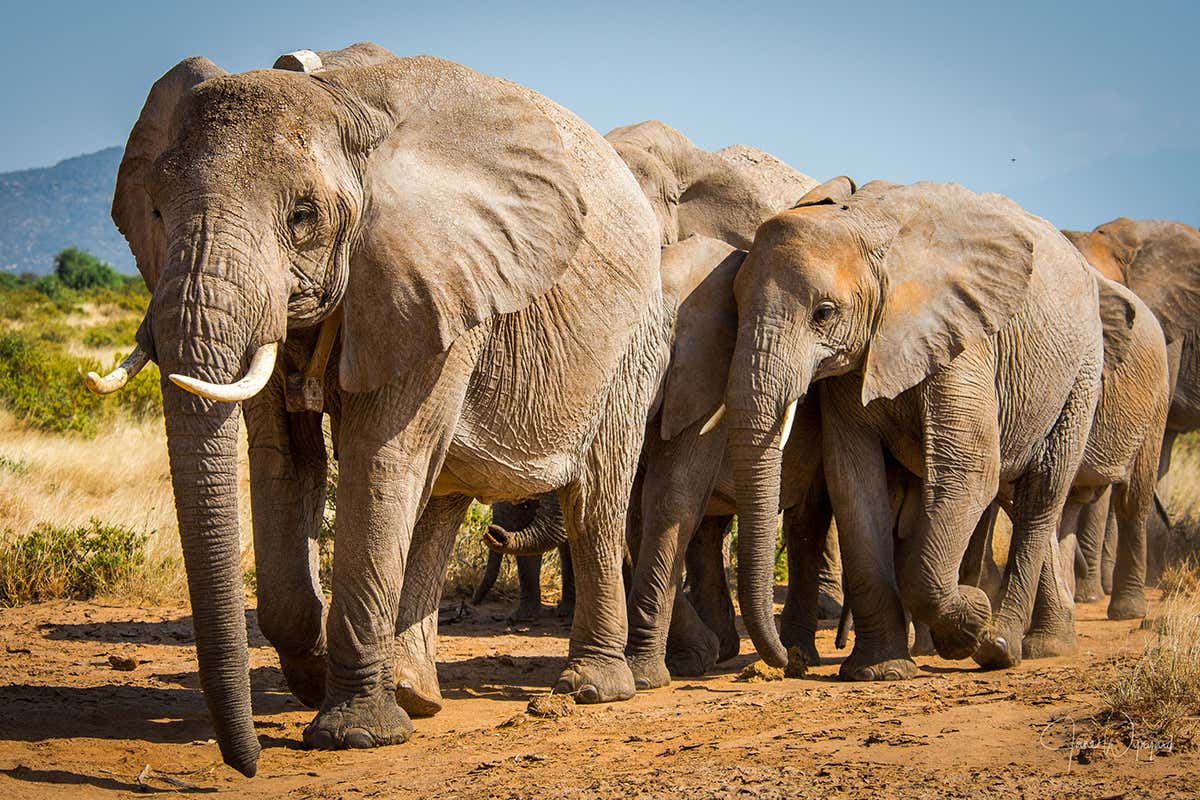
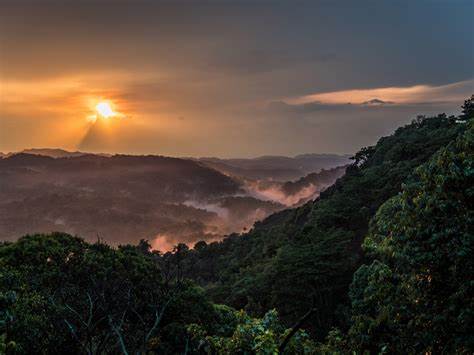
Выбор врача-остеопата — ответственный шаг на пути к здоровью.
Для начала стоит определить свои проблемы и ожидания от лечения у профессионала.
Полезно проверить квалификацию и стаж выбранного врача.
Отзывы клиентов помогут принять уверенный решение.
https://ya.ru/medicine/doctor/kotov_dmitriy_WhXv0O9QoEnMv
Также нужно проверить методы, которыми пользуется остеопат.
Стартовая сессия даёт возможность оценить, насколько комфортно вам общение и подход врача.
Не забудьте оценить стоимость и формат работы (например, очно).
Взвешенный выбор специалиста поможет сделать эффективнее лечение.
На этом сайте представлена увлекательная и практичная сведения по разнообразным направлениям.
Гости могут найти ответы на важные вопросы.
Статьи размещаются часто, чтобы вы каждый могли читать новую информацию.
Интуитивная организация сайта способствует быстро отыскать нужные разделы.
viptatushop.net
Широкий спектр тем делает ресурс универсальным для разных пользователей.
Каждый сможет найти сведения, которые подходят именно ей.
Наличие практических советов делает сайт особенно ценным.
Таким образом, данный сайт — это надёжный проводник важной информации для каждого пользователей.
На данном ресурсе собрана увлекательная и ценная сведения по разным направлениям.
Пользователи могут обнаружить ответы на важные вопросы.
Контент пополняются постоянно, чтобы вы каждый могли изучать свежую подборку.
Удобная навигация сайта способствует быстро отыскать нужные материалы.
проститутки в москве
Широкий спектр рубрикаторов делает ресурс универсальным для всех пользователей.
Каждый посетитель сможет выбрать сведения, которые интересуют именно вам.
Присутствие понятных рекомендаций делает сайт максимально значимым.
Таким образом, этот ресурс — это интересный помощник актуальной информации для широкого круга пользователей.
Наличие второго гражданства за границей становится всё более популярным среди жителей России.
Такой выбор даёт дополнительные перспективы для жизни.
Гражданство другой страны помогает легче пересекать границы и получать доступ к другим странам.
Помимо этого такой документ может улучшить уверенность в будущем.
Виза в Испанию
Многие россияне рассматривают второе гражданство как инструмент защиты.
Получив ВНЖ или второй паспорт, человек расширить свои связи за рубежом.
Каждая страна предлагают свои программы получения гражданства.
Именно поэтому идея второго паспорта становится приоритетной для тех, кто планирует развитие.
Casino Roulette: Spin for the Ultimate Thrill
Experience the timeless excitement of Casino Roulette, where every spin brings a chance to win big and feel the rush of luck. Try your hand at the wheel today at https://k8o.jp/ !
Okay, so phfunn is… alright. Nothing that really blew me away, but there are definitely worse places to play. Games are standard, payouts are okay. Just needs a little something to make it stand out, you know?
Hey party people! Just wanted to share something. I found this gem called s55gameapk. It’s not bad, and has apk that you might like! You can even share it with your squad. Download s55gameapk for yourself!
Visit Back – I love how honest and straightforward you are in your writing.
Contact Me here – Really well-written and easy to understand.
Your point of view caught my eye and was very interesting. Thanks. I have a question for you.
Your point of view caught my eye and was very interesting. Thanks. I have a question for you.
Check this spot for *tải b29 apk/ios*! Got both versions here, easy to grab. Get your download today: tải b29 apk/ios